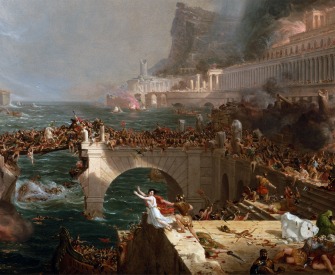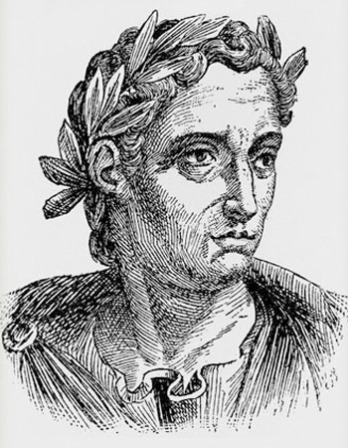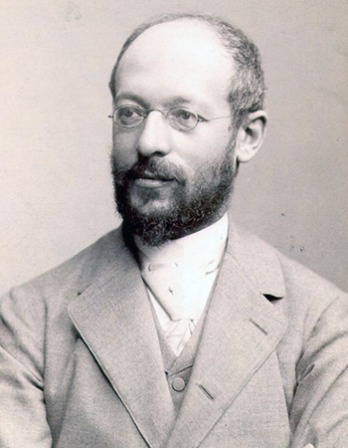The equality of the American citizen is decreed by the fundamental law. All acts, all institutions, are based upon this idea. There is not one shred of privilege, hence no classes. The American people are a unit.
Difference of position in the state, resulting from birth, would be held to insult the citizen. The vote of an Emerson or a Lincoln weighs no more than that of the poorest Negro. The president has not a privilege which is not the birthright of every other citizen. The first voice of the people may not be always the voice of God. Indeed, sometimes it does seem to be very far from it; but the second voice of the people—their sober second thought—comes nearest to it of any tribunal, much nearer than the voice of any class, even that of the most highly educated, has ever come in any government under the sun. Hence there is no voice in all America which has the faintest authority when the ballot speaks.
It has often been objected to this republican theory of the state that under it a dead level of uniformity must exist. The informed traveler, who knows life in America, can be relied upon to dispel this delusion and to certify that nowhere in all the world is society more exclusive or more varied than in republican America. “Natural selection” has freer play. Congenial persons associate with each other, uninfluenced by birth or rank, since neither exist. Nor has wealth of itself nearly so great an influence in society in America as in Britain. It is impossible, in the nature of things, that it should have, because it is much more easily acquired and, what is much more telling, much more easily lost. The law of acquisition is indeed as free to act in the republic as in the monarchy, but then the law of dispersion is also allowed full force in the former, where primogeniture and entail are unknown and the transfer of land is easy. There are but three generations in America from shirtsleeves to shirtsleeves. Under such conditions an aristocracy of wealth is impossible. The “almighty dollar” is just like the restless pig which Paddy could not count, because it would not stand still long enough in one place to be counted.
From Triumphant Democracy. Written six years before the Homestead Strike culminated in a battle between members of the Amalgamated Association of Iron and Steel Workers and three hundred Pinkerton guards hired by the Carnegie Steel Company, Carnegie’s book put forth the American federal republic as an ideal for European nations, especially Britain. In 1901 Carnegie sold his interests to a syndicate led by J.P. Morgan and turned his attention to philanthropic endeavors and the promotion of international peace.
Back to Issue





